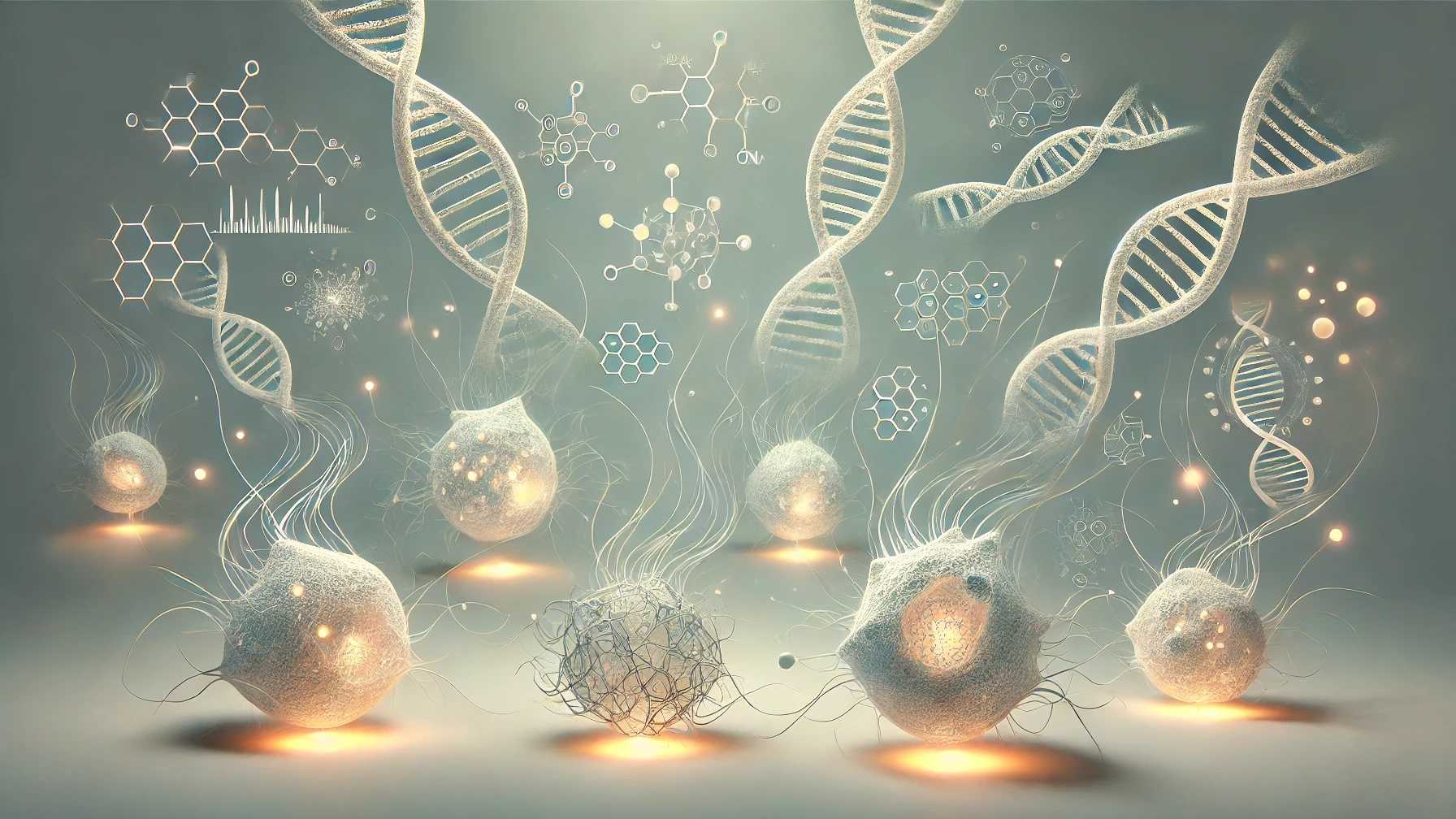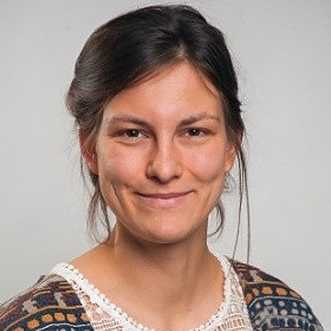Paradigm shift in biological research: Cells turn into autobiographers
Led by researchers from the Computational Evolution group of Tanja Stadler in collaboration with colleagues at the Biozentrum, University of Basel, and the US-institutions University of Washington and California Institute of Technology, a recently published Perspective in Nature Reviews Genetics explores a revolutionary concept in biology: using DNA to record the history and behaviour of individual cells over time.

The idea is that cells can be engineered to "write" their own histories into their DNA, which can later be "read" to reconstruct a detailed record of each cell's origin and relationship, cell-to-cell interactions, its internal state of metabolism or vitality, and even physical locations in the tissue and organism. This approach has the potential to radically change how we study development, diseases, and cellular behaviour.
Engineered systems for DNA-recording
This development of creating ‘systems for DNA recording’ is driven by recent advances in genome engineering on the one hand and single-cell and spatial omics technologies on the other, which enable the recovery of the recorded information. The resulting large data sets then triggered advances in computational and phylogenetic inference algorithms, for which Tanja Stadler and her former PhD student Sophie Seidel provide the expertise.

“Prior to this review paper, we developed phylogenetic and phylodynamic tools that allow us to reconstruct cellular histories, such as the cell lineage and the cell dynamics. With the types of recordings envisioned in the review paper, we will additionally be able to infer the time and placement of biologically important events along the cellular history. Such events may for example be signalling events from other cells and how these influence the cells’ behaviour over time.”Sophie Seidel, postdoctoral researcher in the D-BSSE Computational Biology group
The applications in development and disease are broad. By recording (or ‘tracking’) the history of each cell in an organism, scientists will understand better how cells divide, differentiate, and organise during development. This will help to explain how complex tissues like the retina or organs like the liver are formed. Furthermore, the scientists will gain insights into cell variability. By comparing the 'recorded' data from different organisms or cells, they could uncover statistical patterns that explain genetic and environmental contributions to the variability in development.
The insights scientists gain from diseases yield much hope. Many diseases, and in particular developmental disorders, have complex causes. By recording the history of cells at multiple time points, researchers could track how genetic mutations lead to specific diseases, helping pinpoint critical moments when things go wrong.
Sensors or even therapeutics
One exciting future application is the engineering of 'memory sentinel cells' that live in the body and record various physiological or molecular signals. These cells could track cellular and molecular biomarkers for diseases like cancer or slow degenerative conditions such as Huntington disease or age-related macular degeneration over time.
Hence, they could keep organ systems under surveillance or – if engineered as 'active memory sentinel cells' – they could respond to certain conditions or deliver treatments only when needed.
While the potential is huge, the scientists point out that there are not only technological but also practical challenges to overcome, including how to safely implement DNA-based recording in living organisms and how to read these records in a reliable way. In the future, DNA recording systems have the potential to track the detailed histories of cells and use that data to understand complex biological processes and diseases. This technology could transform both basic research and clinical applications, offering new ways to study development, diagnose diseases early, and design more effective or even personalised treatments.
Find the original publication in Nature Reviews Genetics:
Askary, A., Chen, W., Choi, J., Du, L.Y., Elowitz, M.B., Gagnon, J.A., Schier, A.F., Seidel, S., Shendure, J., Stadler, T., and M. Tran (2024) external page The lives of cells, recorded. Nature Review Genetics, https://doi.org/10.1038/s41576-024-00788-w
Learn about research in the Computational Evolution group of Tanja Stadler.